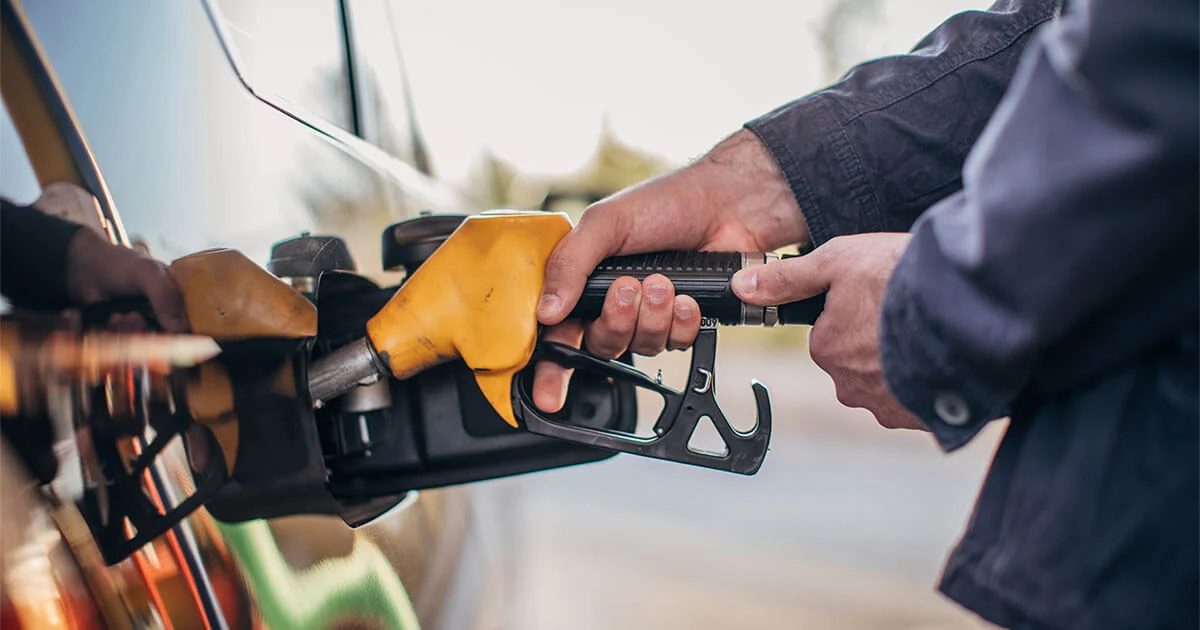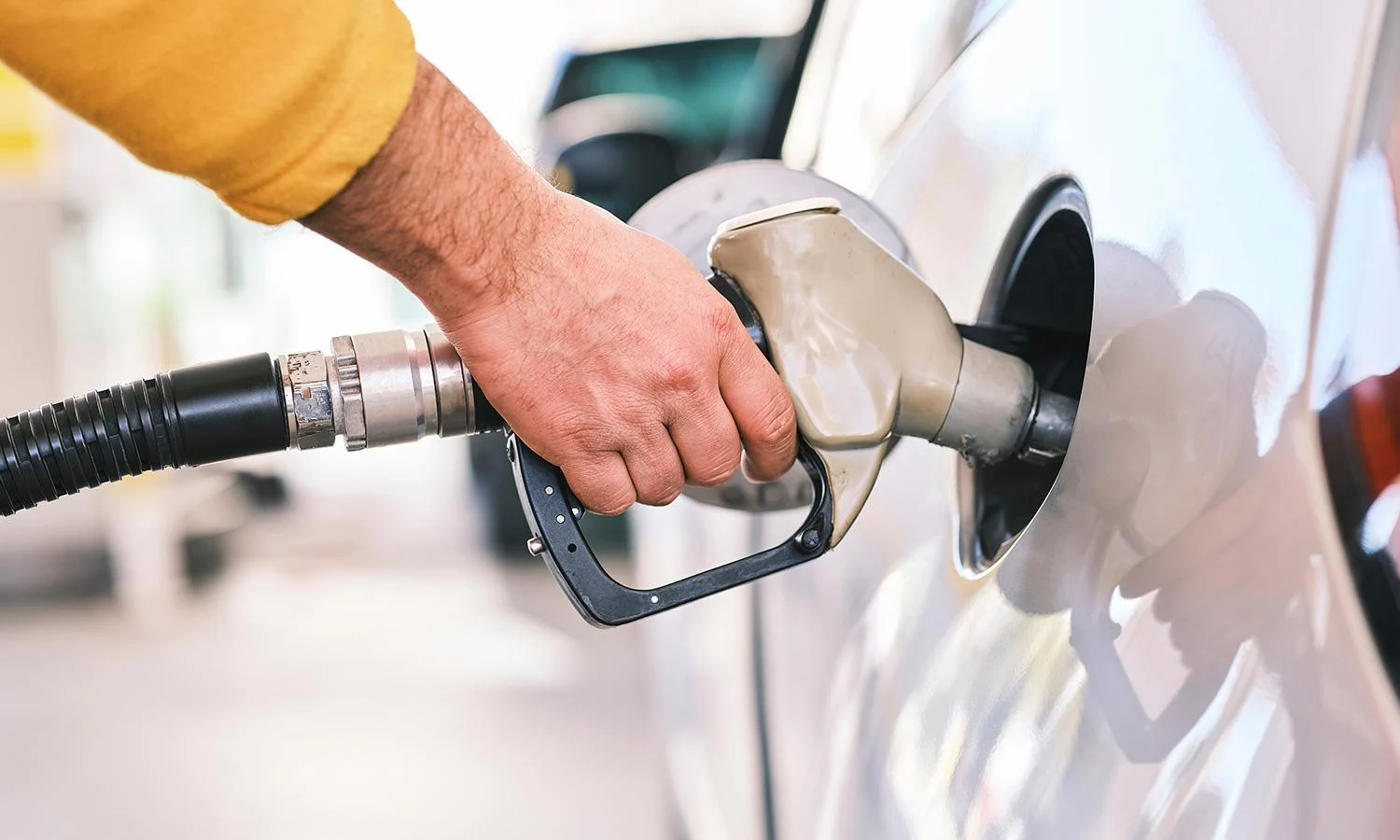Improving your vehicle’s gas mileage offers dual benefits: saving money and reducing your environmental footprint. With rising fuel prices and growing concerns about climate change, optimizing fuel efficiency has become an essential goal for many drivers. The good news is that simple adjustments to your driving habits and car maintenance routine can yield significant savings at the pump and lessen your carbon emissions.
This guide outlines ten practical ways to enhance your car’s fuel economy. From adjusting driving techniques to performing regular vehicle upkeep, these tips can help you get the most out of every gallon of gas. Let’s explore each strategy in detail.
Turn Off the Engine
Idling wastes fuel, consuming up to half a gallon of gas per hour, especially with air conditioning running. If you’re stopped for more than 10 seconds, turning off your engine can save up to four cents per minute.
Check Tire Pressure
Under-inflated tires are a common culprit behind poor fuel efficiency, wasting an estimated 1.25 billion gallons of gas annually. Each tire under-inflated by 10 psi reduces gas mileage by about 3.3%, adding up to significant costs. Regularly checking and maintaining proper tire pressure can improve mileage and save money.

Go Easy on the Pedal
Rapid acceleration, hard braking, and speeding can dramatically reduce your gas mileage. Studies show that reducing speed from 65 mph to 55 mph can improve fuel economy by 6 to 8 miles per gallon. Fuel efficiency tends to decrease above 50 mph, with each additional 5 mph costing about 22 cents more per gallon. By sticking to moderate speeds, drivers can save as much as 51 cents per gallon.
Use Cruise Control
Using cruise control on highways helps maintain a consistent speed, improving fuel economy by up to 14%. This adjustment can save drivers about 43 cents per gallon, making it an effective tool for longer journeys.
Avoid Rush Hour
Stop-and-go traffic and idling during rush hour waste fuel. Whenever possible, adjust your schedule to avoid peak travel times, reducing fuel consumption and stress.
Leave Extras at Home
Carrying unnecessary weight impacts fuel efficiency, particularly in smaller vehicles. Every 100 pounds of extra weight can lower gas mileage by up to 1%, translating to an additional four cents per gallon. Lighten your load by removing unneeded items from your car.
Align Your Tires
Misaligned tires create resistance, reducing fuel efficiency by up to 10%. Proper alignment not only saves on fuel costs but also extends tire life. Regular tire rotation and alignment checks are crucial for optimizing performance.
Replace Spark Plugs
Worn or misfiring spark plugs can lower fuel economy by up to 30%, costing drivers nearly a dollar more per gallon. Following your vehicle’s maintenance schedule and replacing spark plugs as needed can restore efficiency and prevent sudden drops in gas mileage.
Replace the Air Filter
A clogged air filter limits airflow to the engine, reducing efficiency by about 10%. Replacing it regularly ensures smooth engine performance and better fuel economy, particularly in older vehicles.
Fuel Up at Cooler Times
Refueling early in the morning or late at night, when temperatures are cooler, allows you to get denser fuel for your money. This simple timing adjustment can slightly increase the amount of gas in your tank per dollar spent.
Maximizing gas mileage is about adopting mindful driving habits and maintaining your vehicle. From reducing speed and using cruise control to keeping up with routine maintenance, small changes can lead to big savings. Beyond saving money, these strategies contribute to a cleaner environment, making them a win-win for you and the planet.

